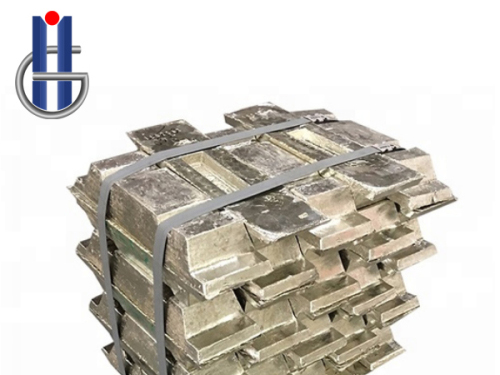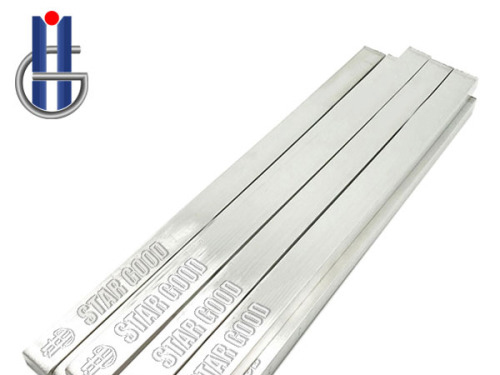Solder wire is an indispensable electronic accessory in electronic products. In the previous article, we have talked about the classification and classification of solder wire. The actual operation process of solder wire includes manual welding and automatic welding with the help of machines. It will be easy to choose a solder wire with a large wire diameter:
In the production process of solder wire, there is a process that is the most critical in extrusion and wire drawing. If there are defects and hidden dangers in the extrusion process, it will lead to defects in the solder wire. Therefore, the surface layer of the tin round casting before extrusion needs to be treated and put away. Before entering the extruder, the surface layer of the cast tin round casting is peeled, which can effectively remove the oxides and sundries on the surface of the tin cylinder, and can ensure the reliability of the final product of the solder wire. Generally, the diameter of the tin wire is 10mm when the extrusion is completed normally, of which the diameter of the rosin hole is about 2mm. In the subsequent wire drawing process, the solder wire with a wire diameter of 0.8mm or more can generally be pulled out easily. When the diameter of the tin wire is less than 0.8mm (such as 0.5 mm or 0.6mm or finer), the rosin hole needs to be slightly reduced. In order to increase the wall thickness of the tin wire, the ductility of the solder is relatively high when drawing thinner wires. If the rosin hole is larger and the tin wire wall is thinner, the ductility of the solder will become worse when the thinner wire is drawn, and the wire will be easily broken, which will affect the wire drawing speed and cause corresponding production costs. Increase, during the extrusion process, the pressure should be kept balanced, so that the wire output speed is always at a constant speed, not fast or slow, so the thinner the wire diameter, the more expensive the price of the solder wire.
The wire diameter of the solder wire is divided into 0.5mm, 0.6mm, 0.8mm, 1.0mm, 1.2mm, 1.5mm, 2.0mm, etc. according to the thickness. The commonly used solder wire diameters are 0.8mm and 1.0mm. These two wire diameters It is suitable for welding most electronic products and components; under normal circumstances, 0.8mm and 1.0mm solder wires are used more frequently. When you don't know what thickness of solder wire to choose, choose these two Thick and thin solder wire generally can't go wrong. If the components are very small, the wire diameter of 0.6mm or less should be used when soldering with solder wire; if the components are large or the gap at the welded part is large, it is recommended to use a solder wire with a thick wire diameter of 1.2mm -2.0mm and above, it will be more convenient to use.
In addition, because the solder wire is selected in addition to the size of the wire diameter, we should also pay attention to the storage or shelf life of the solder wire, because the solder wire is added with flux in the production. It is recommended that users order as much solder wire as they need to use when purchasing solder wire, and then order after use; the purchased solder wire should be stored in a dry and ventilated warehouse. The size of the solder wire wire diameter for good soldering mainly depends on the size of the components to be soldered, the requirements of the components to be soldered, the operation methods of the workers, and so on.
 High Purity Tin Ingot: Crucial Applications and Benefits
High Purity Tin Ingot: Crucial Applications and Benefits
 Pure Tin Ingot: Essential Material for Diverse Industrial Applications
Pure Tin Ingot: Essential Material for Diverse Industrial Applications
 Unlocking the Potential of Pure Tin Bars: Essential Components for Diverse Industries
Unlocking the Potential of Pure Tin Bars: Essential Components for Diverse Industries
 Lead Bar for Sale: Uses, Specifications, and Buying Considerations
Lead Bar for Sale: Uses, Specifications, and Buying Considerations